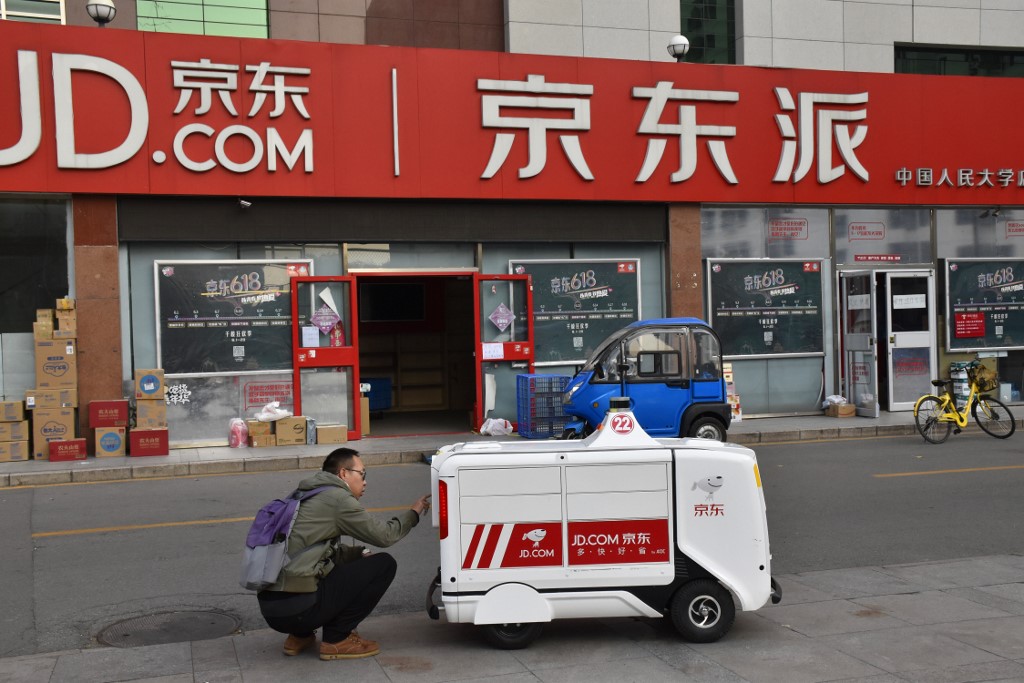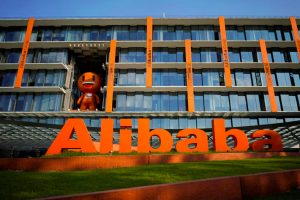Alibaba Group yesterday kicked off presales for this year’s 11.11 Global Shopping Festival, the biggest shopping event in the world, and announced to extend the sales period this year by three days in an effort to spur spending amid the pandemic.
Another promotion period from November 1 to November 3 will be open to consumers, in addition to the main event on November 11, also known as “Singles’ Day”.
“With the world facing unprecedented challenges caused by the pandemic this year, China has been among the first economies to recover,” Alibaba said in a statement. “Many global businesses and brands are looking to the Chinese market for growth.”
Presales started at midnight Tuesday on Alibaba-owned B2C marketplace Tmall and its C2C sibling Taobao. Wei Ya and Li Jiaqi, the two most popular celebrities on Alibaba’s livestreaming sales platform Taobao Live, had 300 million watchers of their midnight livestreaming shows, according to Taobao data. About 800 million consumers are expected to participate in this year’s 11.11 sales event.
The event’s transaction total will also offer a gauge of the state of China’s consumption recovery from the Covid-19 pandemic. While many consumers bought more daily necessities and groceries online during China’s coronavirus lockdown, sales of big-ticket items slumped.
“The pandemic has fundamentally changed consumer shopping preferences and accelerated the digital transformation of many businesses,” Jiang Fan, president of Taobao and Tmall, said in a statement. By doubling the shopping periods, 11.11 will be offering more opportunities for merchants both online and offline to engage with consumers, he said.
Alibaba’s 11.11 is not just the Chinese e-commerce giant’s biggest day in terms of revenue generation, it is also the biggest day of product sales for many of the world’s most valuable brands.
More than 250,000 brands will participate, including nearly 200 luxury names such as Chanel, Dior and Net-A-Porter. Many top luxury brands will also join in for the first time, including Prada, Cartier, Montblanc, Piaget, Balenciaga, Vacheron Constantin and Chloé.
This year’s festival will also feature 14 million value-for-money products from more than 250,000 brands on Tmall, as well as a “RMB1 Sales” campaign on the Taobao Deal app targeting customers in lower-tier cities. Taobao Deal is Alibaba’s bargain-hunting app, launched in 2018 to fend off rising competition from Pinduoduo.
More than two million new products are expected to debut on Tmall, which is double the amount last year, according to Alibaba.
With much of the world shopping from home these days, this year’s Singles’ Day will offer a wider range of products and services. Deals in categories not traditionally served by e-commerce such as apartments, automobiles and home decoration plans will be featured.
Tmall Global will bring more than 2,600 new overseas brands to Chinese consumers for the first time. Among them nine winning brands selected via its first “Go Global 11.11 Pitch Fest” will be highlighted. The “Go Global 11.11 Pitch Fest” enables small US businesses to globally expand.
Many business units across the Alibaba ecosystem will join this Singles’ Day, including digital lifestyle and payment platform Alipay, food delivery services company Ele.me, travel platform Fliggy, and ticketing platforms Taopiaopiao and Damai.
There will be more than 400 company executives and 300 celebrities conducting livestreams this 11.11.
JD.com, which introduced the 6.18 shopping festival to fend off Alibaba’s 11.11, has also kicked off its 22-day promotion for Singles’ Day, bringing more than 200 million products with 50% discounts and 300 million-plus new products.
As the name suggests, Singles’ Day was started as an unofficial celebration of a person’s single relationship status by Chinese university students in the 1990s. But Singles’ Day really took off when Alibaba began promoting the day as an occasion for single consumers to shop for themselves.
Last year, Alibaba Singles’ Day set a new world record with 544,000 transactions per second, and generated $38.4bn in gross merchandise value in 24 hours.
























